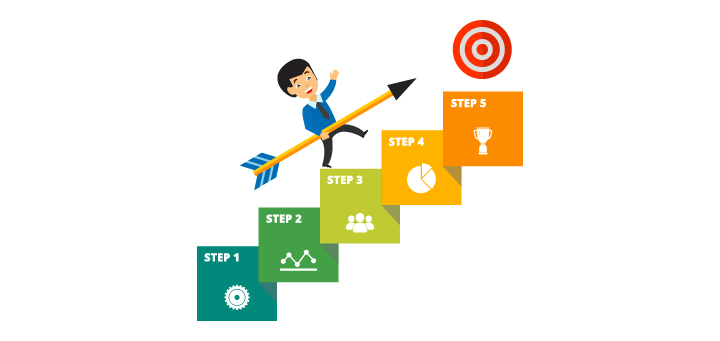Preparing for the Common Law Admission Test (CLAT) can feel overwhelming with its diverse subjects and rigorous competition. The key to success lies in effective preparation, which begins with a well-structured, personalized study schedule.
Step 1: Assess Your Current Routine
Before you start building a schedule, assess your daily routine. Identify your commitments such as school, coaching classes, and extracurricular activities. This will help you determine how much time you can realistically allocate for CLAT preparation.
- Track Your Time: Write down everything you do in a day.
- Identify Free Time: Look for windows where you can consistently study. It might be early mornings, evenings, or weekends.
By understanding your routine, you can allocate dedicated hours to each subject without feeling overwhelmed.
Step 2: Set Clear, Achievable Goals
Setting clear goals is critical for staying focused and measuring your progress. Break down your goals into short-term (daily or weekly targets) and long-term (3-month or 6-month goals).
For example:
- Short-term: Complete one mock test by the end of the week or master a particular topic in Legal Reasoning.
- Long-term: Increase your overall score in mock tests by 20% in three months.
Ensure your goals are specific, measurable, achievable, relevant, and time-bound (SMART). This makes it easier to track your progress and adjust your schedule as needed.
Step 3: Prioritize Based on Strengths and Weaknesses
Not all subjects require the same amount of study time. Focus on improving your weaker areas while maintaining practice in your stronger subjects. For instance, if you’re good at English but struggle with Legal Aptitude, allocate more hours to Legal Reasoning and less to English, ensuring balanced preparation.
How to Prioritize:
- Take a diagnostic test: Identify which sections you’re weakest in.
- Track improvement: As you see progress, reallocate time to other sections if necessary.
Prioritizing based on strengths and weaknesses will help you use your time more efficiently.
Step 4: Break Down the Syllabus
The CLAT syllabus can seem extensive, but breaking it down into smaller sections makes it manageable. Divide each subject into specific topics and create daily or weekly study targets.
For example:
- English: Focus on reading comprehension for one week, then vocabulary the next.
- Legal Reasoning: Study core principles of law, then practice applying them in mock tests.
By creating a subject-wise breakdown, you ensure that no topic is left out, and you cover the syllabus in a systematic manner.
Step 5: Include Mock Tests and Regular Revision
Mock tests are an essential part of CLAT preparation. Not only do they simulate exam conditions, but they also help you identify areas where you need improvement. Schedule at least one mock test every week.
Tips for Effective Mock Tests:
- Simulate exam conditions: Take the test in a quiet place, time yourself, and avoid distractions.
- Analyze your performance: After the test, spend time reviewing mistakes and analyzing weak areas.
Revision is equally important. As you complete sections of the syllabus, allocate time for periodic revision to retain information and improve recall.
Step 6: Be Consistent and Adapt Your Schedule
Consistency is key in your CLAT preparation. Stick to your study schedule as much as possible, but also remain flexible. Life can throw unexpected challenges—exams, school events, or personal commitments. If you miss study hours on certain days, make up for them when possible, but don’t lose momentum.
Consistency Tips:
- Daily Study: Even if you can only spare 30 minutes on a busy day, study something. Consistency matters more than long, irregular study sessions.
- Adaptability: Adjust your schedule if necessary. Missing a day or two shouldn’t derail your overall plan.
Step 7: Balance Study with Rest
Lastly, it’s important to maintain a balance between study and rest. Burning out can be counterproductive, so incorporate breaks and leisure activities into your schedule. Ensure you get adequate sleep, engage in physical activities, and spend time on hobbies.
Rest and Relaxation Tips:
- Take Short Breaks: Study for 1-2 hours, then take a 10-minute break to refresh your mind.
- Exercise: Physical activity improves mental clarity and reduces stress.
- Sleep Well: Aim for at least 7-8 hours of sleep each night.
Conclusion
Creating a personalized CLAT study schedule is the foundation of effective preparation. By assessing your routine, setting clear goals, prioritizing based on strengths and weaknesses, breaking down the syllabus, and including regular mock tests and revision, you can craft a study plan that works for you. Remember to stay consistent, adaptable, and ensure a healthy balance between work and rest. With a well-structured schedule, you’ll approach the CLAT exam confidently and prepared for success.



